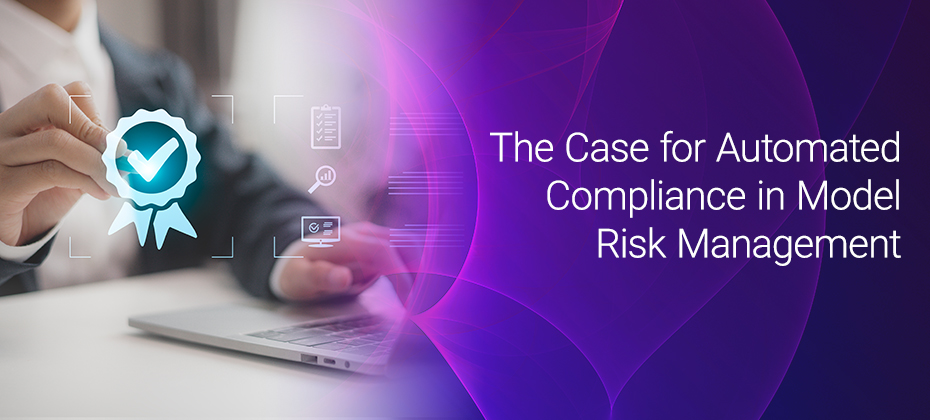Executive Summary
The July 2025 housing market reveals a landscape of shifting consumer behaviors, evolving lender strategies, and continued strength in borrower performance—especially within home equity. Origination volumes have dipped slightly, but direct marketing, particularly through Invitation to Apply (ITA) campaigns, is accelerating. As key players exit the space, gaps are opening across both marketing and origination, creating clear opportunities for agile institutions.
This phase signals both caution and potential. The winners will be those who refine their marketing, sharpen segmentation, and deploy smarter risk monitoring in real time.
TL;DR
Risk Profile: Mortgage and HELOC delinquencies remain low. Slight increases in 90+ DPD are not yet cause for concern.
Mortgage Originations: Modestly down, but marketing remains aggressive. Invitation to Apply (ITA) volumes outpacing prescreen.
Home Equity Originations: Stable originations, competitive marketing volumes. ITA volumes outpacing prescreen similar to mortgage.
Opportunity: Targeted direct mail and refined segmentation are growth levers in both mortgage and home equity.
Risk Environment: Resilient Yet Watchful
Experian’s July data shows both mortgage and home equity delinquencies hovering at historically low levels. Early-stage delinquencies dropped in June, while late-stage (90+ days past due) nudged upward—still below thresholds signaling broader distress.
HELOCs followed a similar path. Early-stage movement was slightly elevated but well within acceptable ranges, reinforcing borrower stability even in a high-rate, high-tariff environment.
Takeaway: Creditworthiness remains strong, especially for real estate–backed portfolios, but sustained monitoring of 90+ DPD trends is smart risk management.
Home Equity: Volume Holds, Competition Resets
Home equity lending is undergoing a major strategic reshuffle. With a key market participant exiting the space, a significant share of both marketing and originations is now in flux.
What’s happening:
Direct mail volumes in home equity nearly match those in first mortgages—despite the latter holding larger balances.
ITA volumes alone topped 8 million in May 2025.
Total tappable home equity stands near $29.5 trillion, underscoring a massive opportunity.(source: Experian property data.)
Lenders willing to recalibrate quickly can unlock high-intent borrowers—especially as more consumers seek cash flow flexibility without refinancing into higher rates.
Direct Mail and Offer Channel Trends
The continued surge in ITA campaigns illustrates a broader market pivot. Lenders are favoring:
Controlled timing and messaging
Multichannel alignment
Improved compliance flexibility
May 2025 Mail Volumes:
Offer Type
Mortgage
Home Equity
ITA
29.2M
25.8M
Prescreen
15.6M
19.0M
Strategic Insights for Lenders
1. Invest in Personalized Offers
Drive better response rates with prescreen or ITA campaigns. Leverage data assets like Experian ConsumerView for ITA’s for robust behavioral and lifestyle segmentation. For prescreen, achieve pinpoint-personalization with offers built on propensity models, property attributes, and credit characteristics.
2. Seize the Home Equity Opening
Use urgency-based messaging to attract consumers searching for fast access to equity—without the complexity of a full refi. Additionally, as mentioned above, leverage propensity, credit, and property (i.e. equity) data to optimize your marketing spend.
3. Strengthen Risk Controls
Even in a low-delinquency environment, vigilance matters. Account Review campaigns, custom scorecards, and real-time monitoring help stay ahead of rising 90+ DPD segments.
4. Benchmark Smarter
Competitive intelligence is key. Evaluate offer volumes, audience segmentation, and marketing timing to refine your next campaign.
FAQ
Q: What does the exit of a major home equity player mean?
A: It leaves a significant gap in both marketing activity and borrower targeting. Lenders able to act quickly can capture outsized share in a category rich with equity and demand.
Q: How should lenders respond to the evolving risk profile?
A: Continue to monitor performance closely, but focus on forward-looking indicators like trended data, income verification, and alternative credit signals.
Conclusion
The housing market in July 2025 presents a clear message: the fundamentals are sound, but the strategies are shifting. Those ready to optimize outreach by making smarter use of data will seize a disproportionate share in both mortgage and home equity.
Want to stay ahead? Connect with Experian Mortgage Solutions for the insights, tools, and strategies to grow in today’s evolving lending environment.


